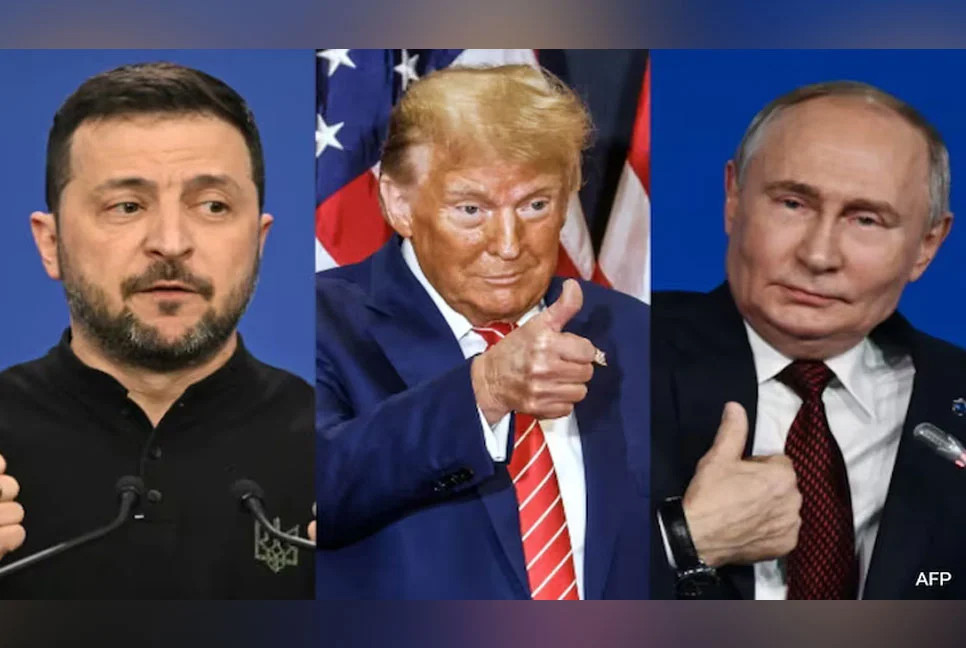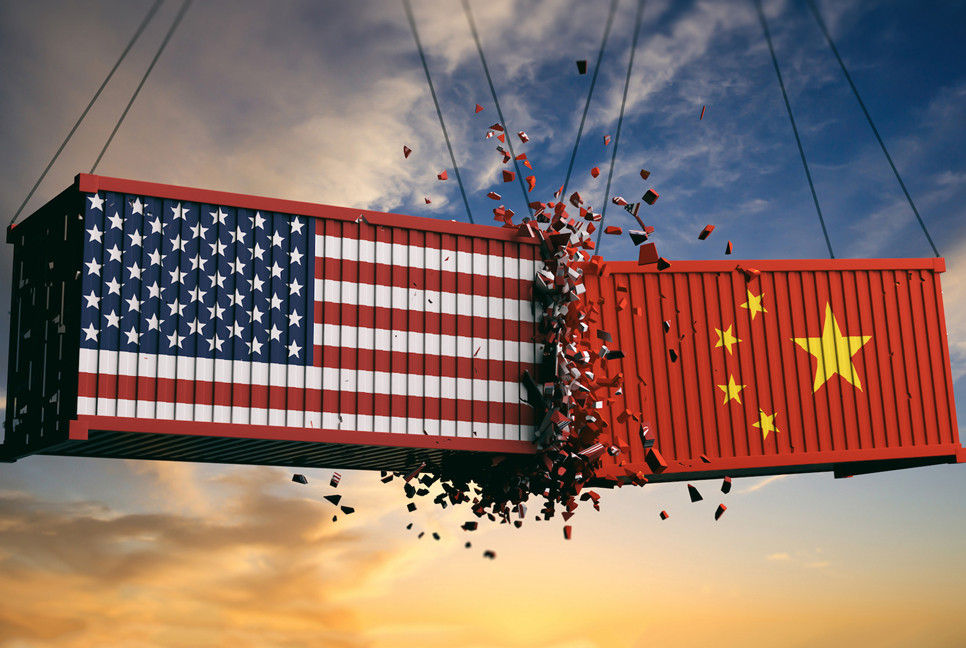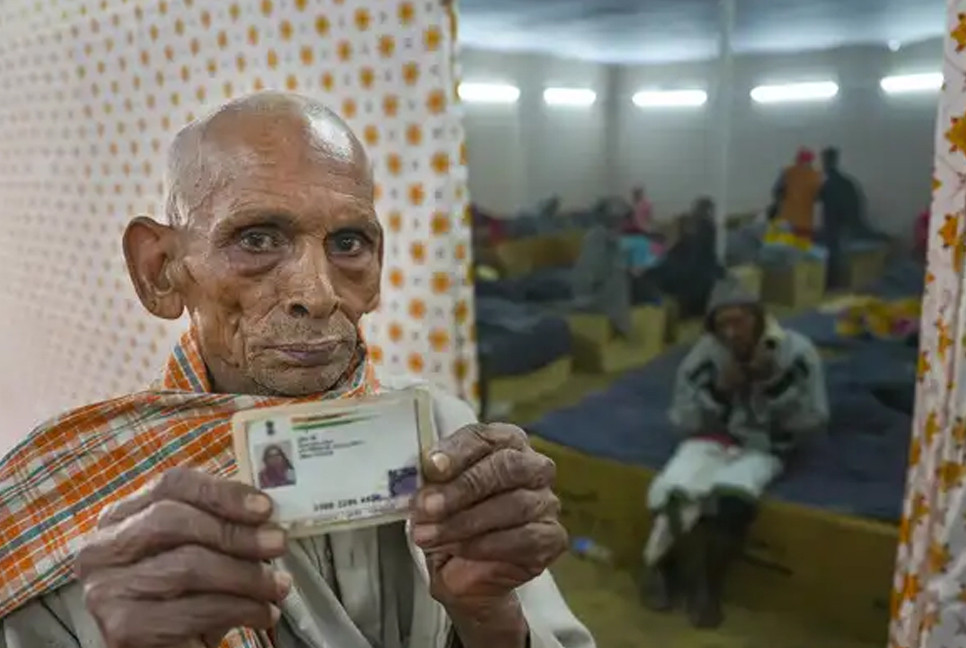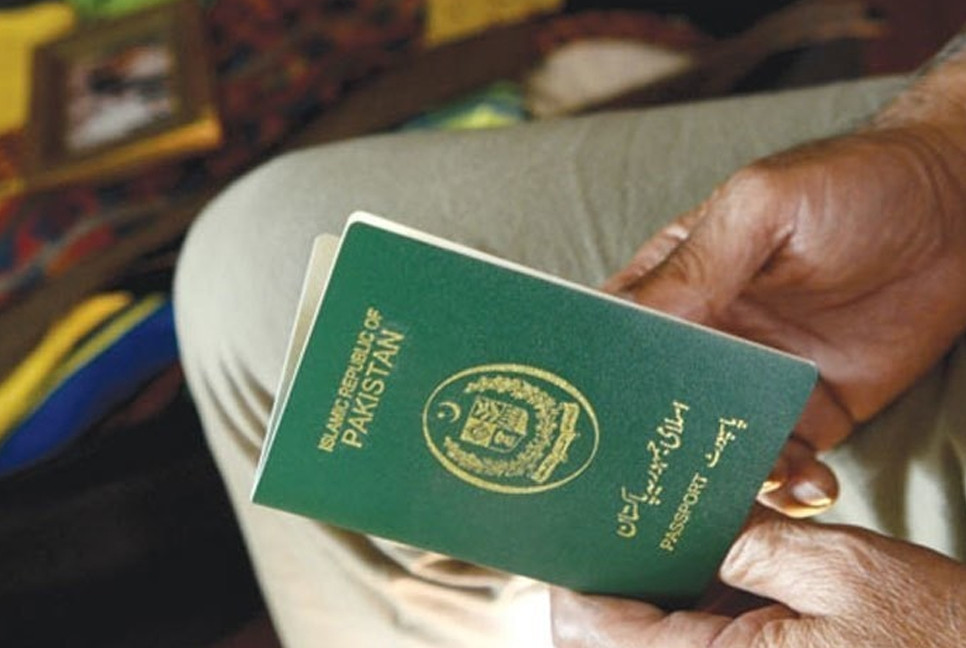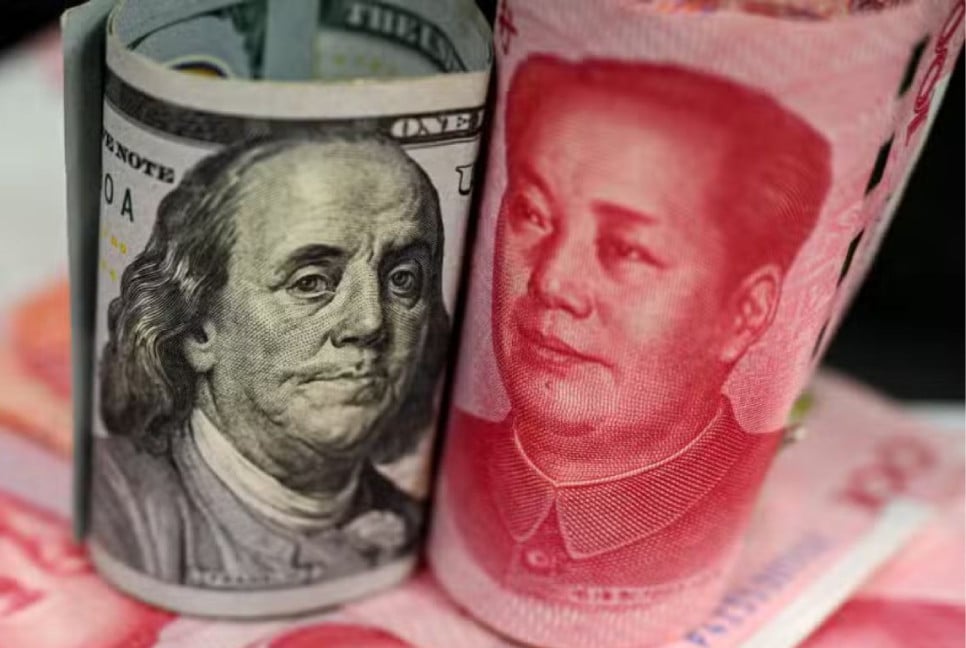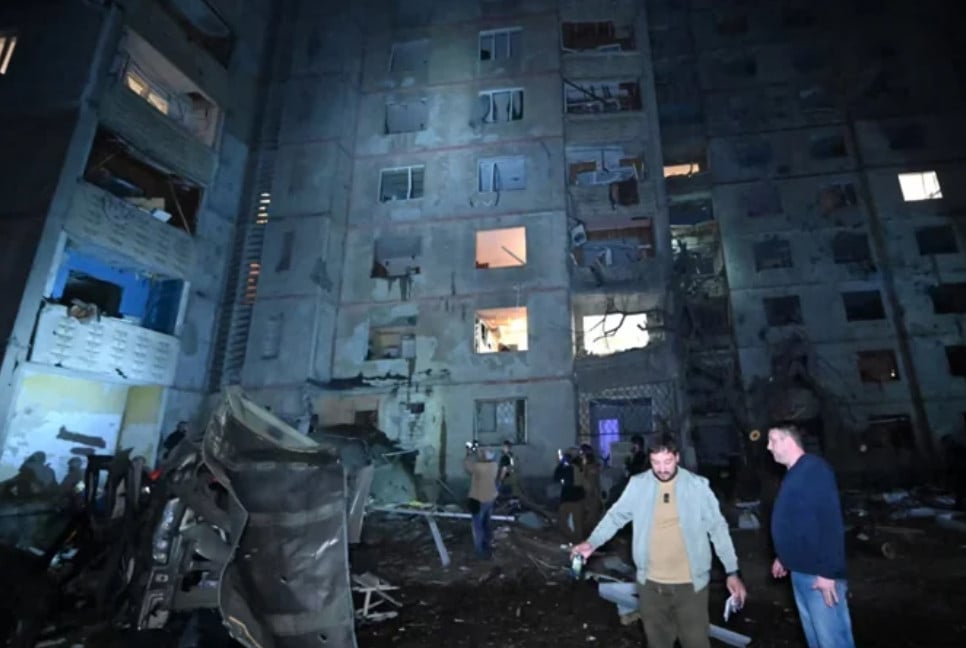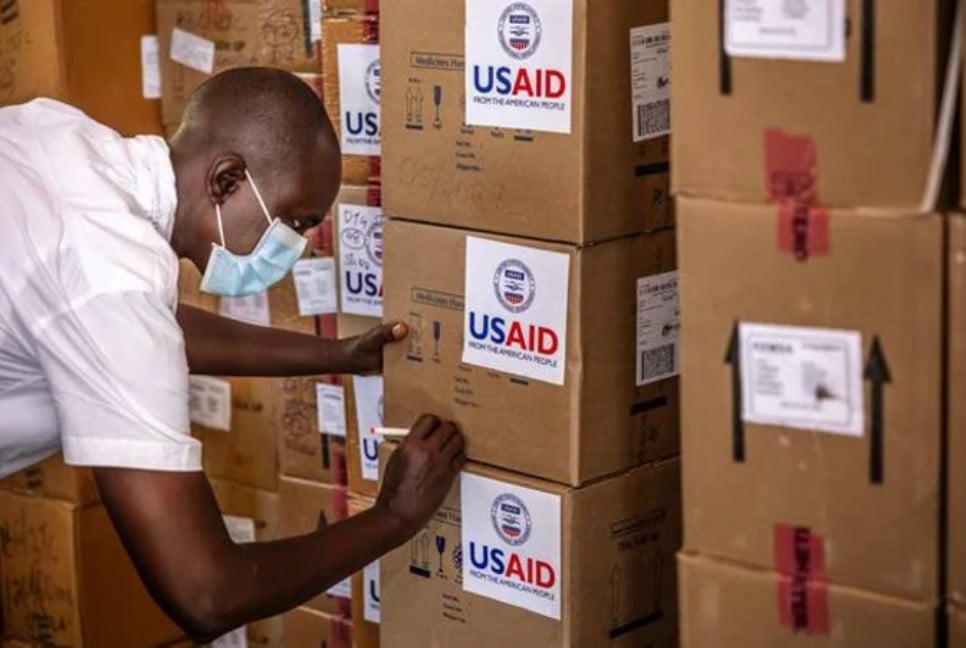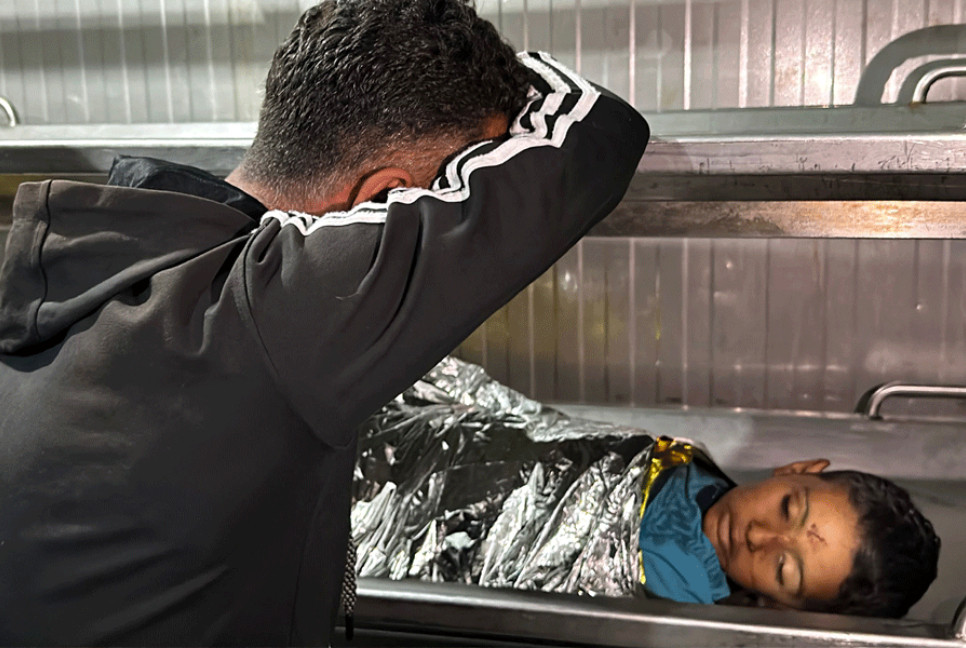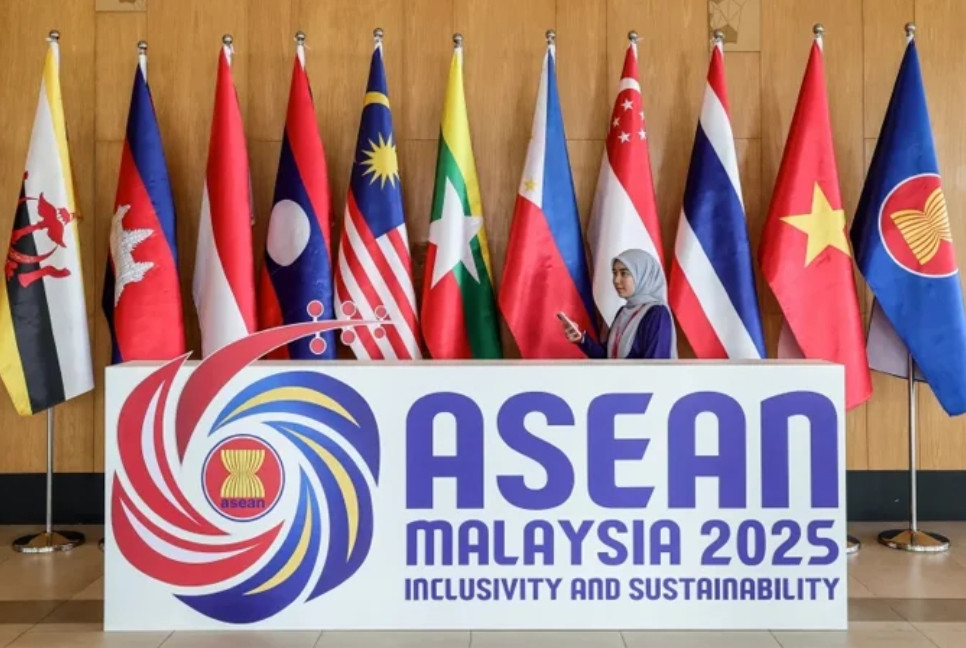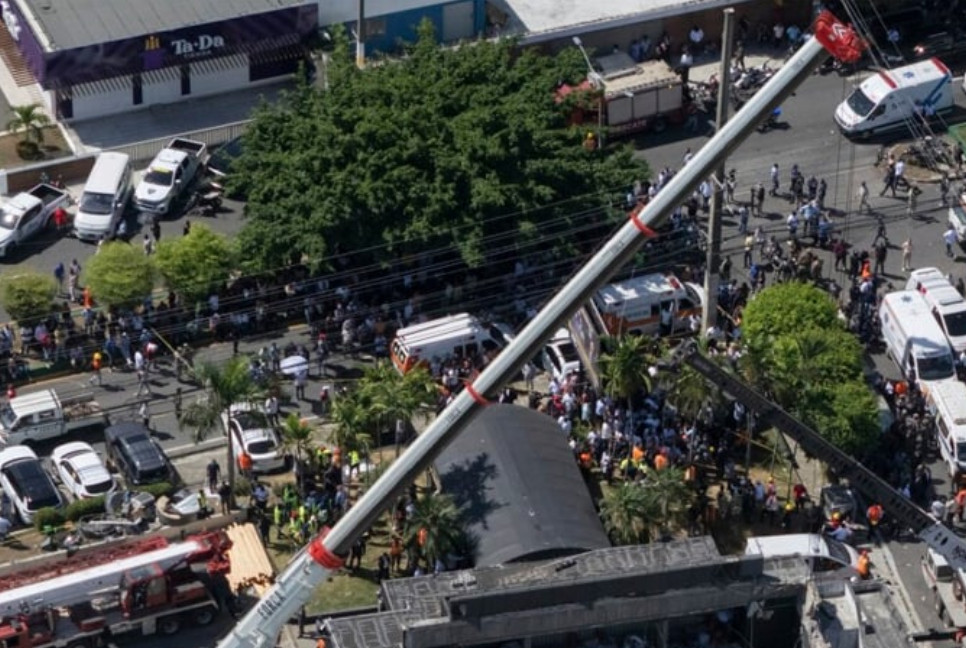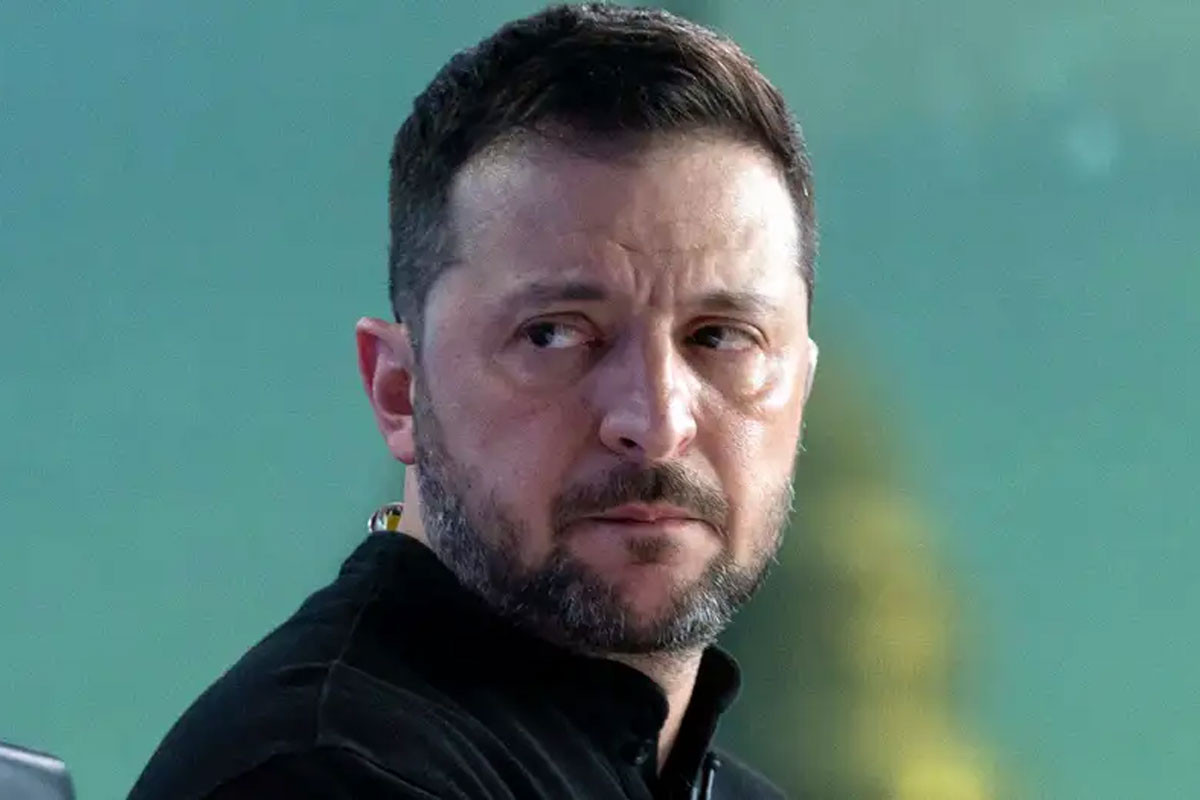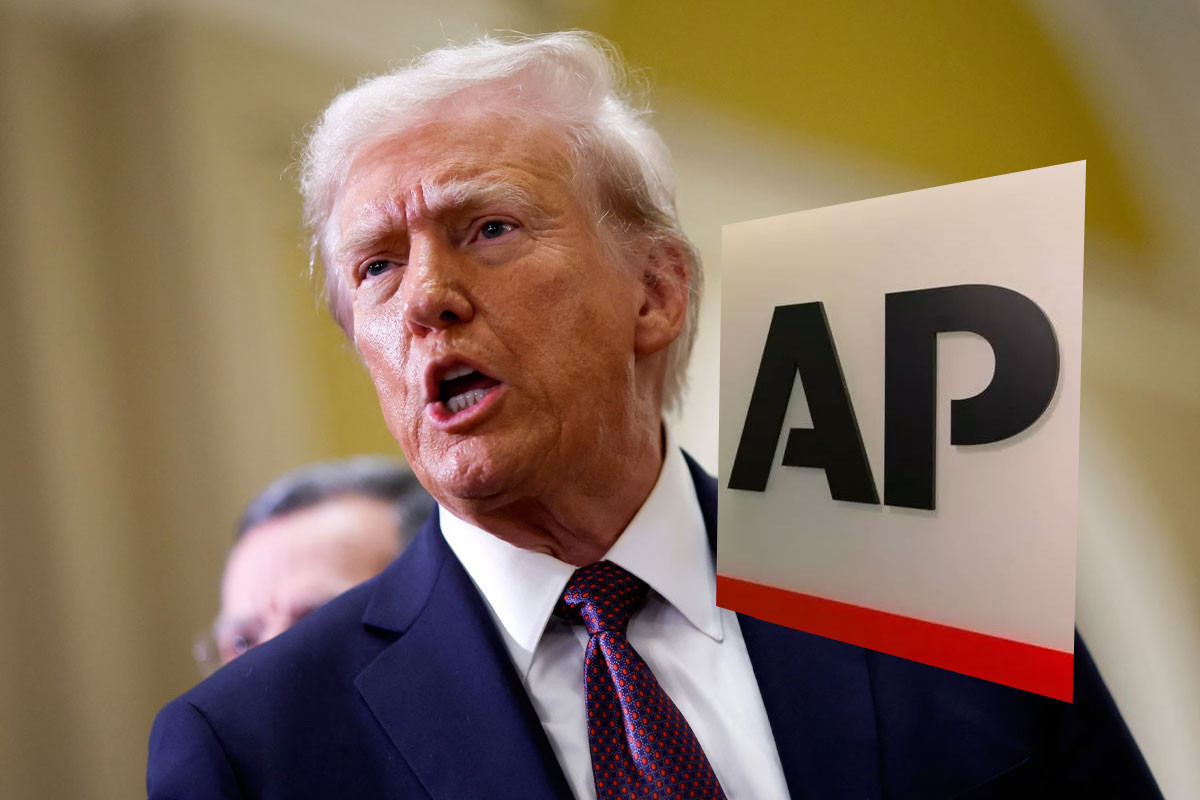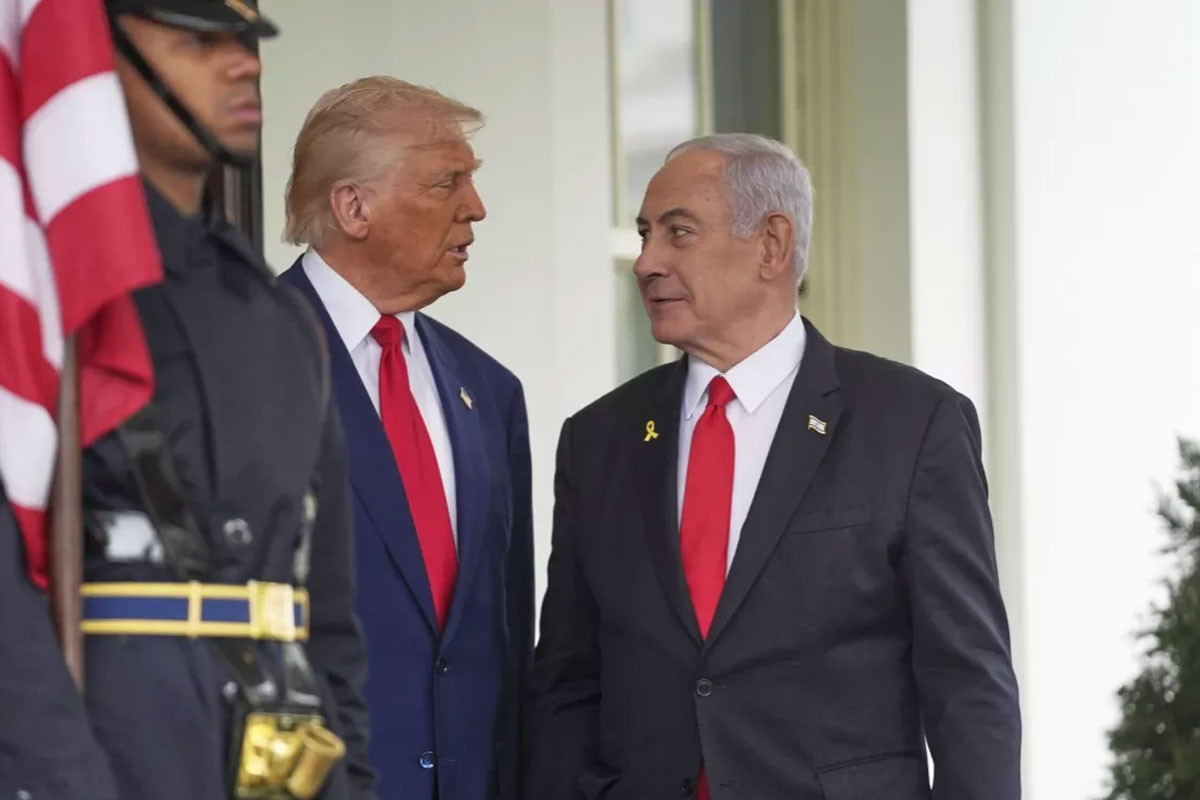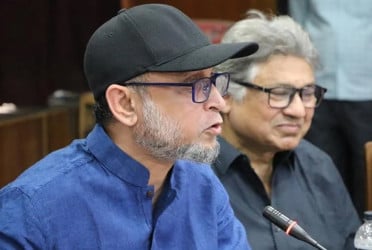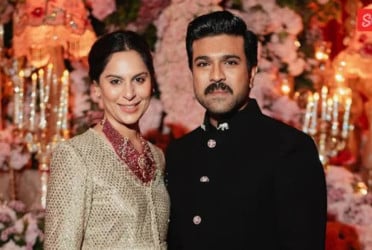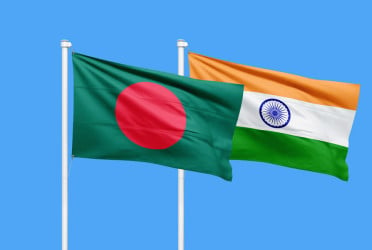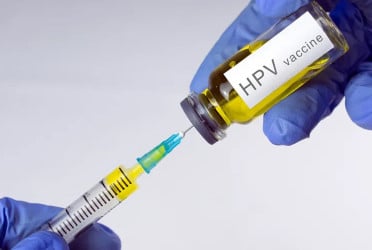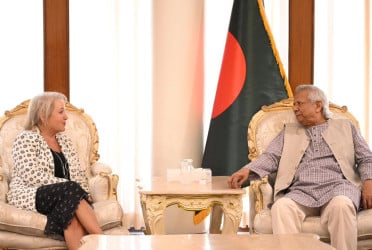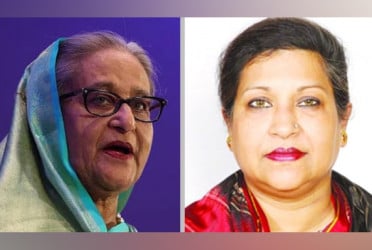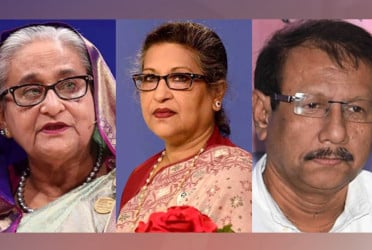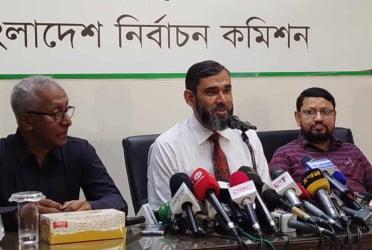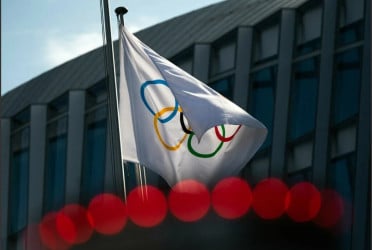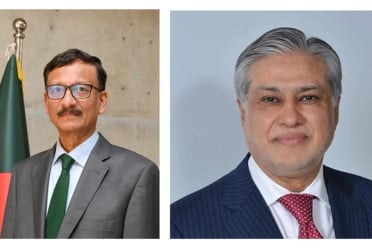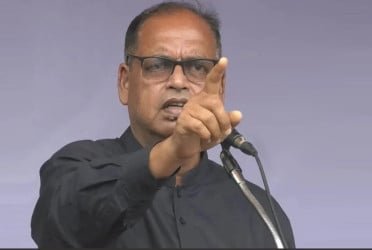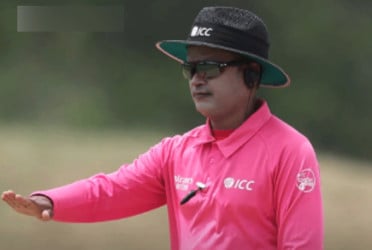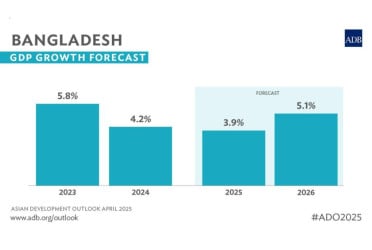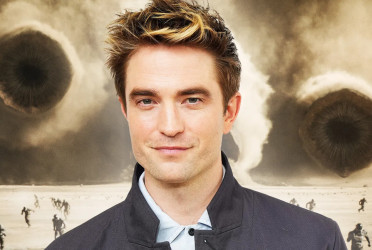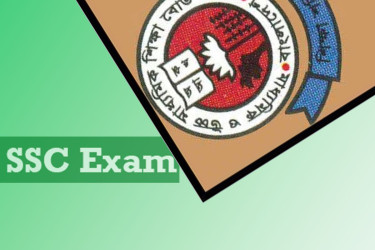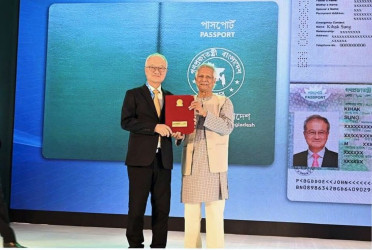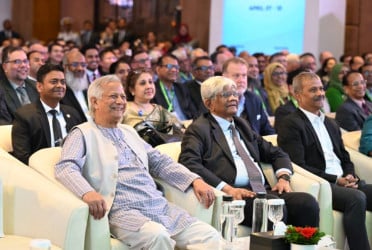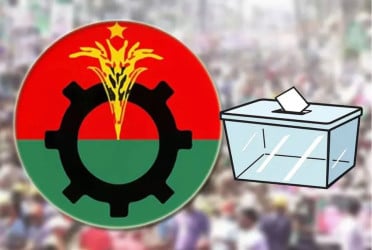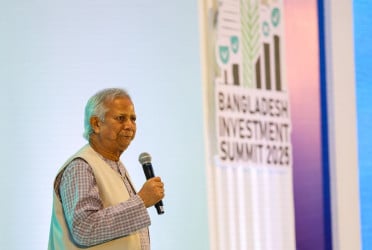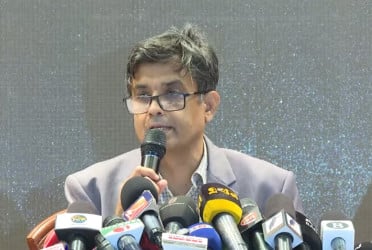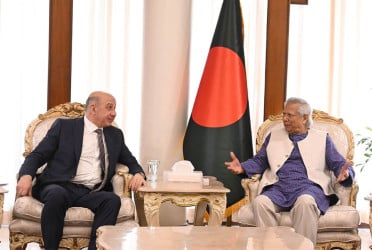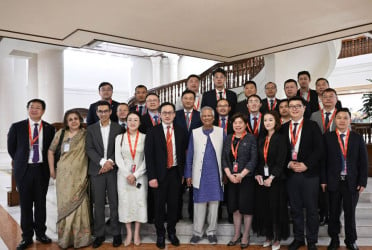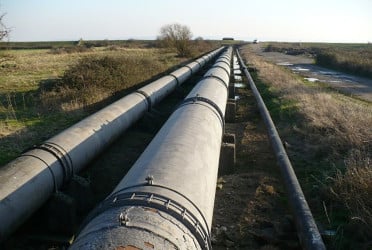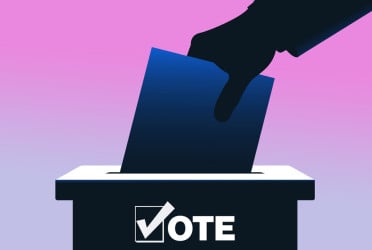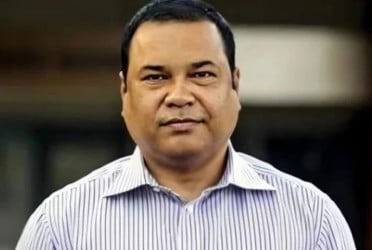Donald Trump is preparing to take office as President of the United States in January next year. He has repeatedly asserted that within the first 24 hours of his presidency, he will be able to end the Russia-Ukraine war.
Recently, discussions have centered around Trump's peace plan, which proposes that a European military force would protect an 800-mile buffer zone between Russia and Ukraine.
Trump's Peace Plan
According to three of Trump's officials, under this peace plan, the current front line along the Russia-Ukraine border will remain unchanged, and Ukraine will be urged to abandon its plans of joining NATO.
In exchange, the United States will supply Ukraine with a significant amount of weaponry to discourage Russia from resuming the war.
However, Trump has made it clear that the United States will not send troops to Ukraine. Instead, European countries such as Poland, Germany, the United Kingdom, and France will be responsible for maintaining the buffer zone.
One of Trump’s associates stated, “We will not send U.S. troops to Ukraine for peacekeeping, nor will we bear the costs. This task must be handled by the Europeans.”
Dialogue with the President of Ukraine
Following Donald Trump's electoral victory, Ukrainian President Volodymyr Zelensky spoke with him.
In a post, Zelensky stated, "We have agreed to maintain close dialogue and enhance our cooperation. The leadership of the United States is essential for global peace and justice."
Putin's Response
Russian President Vladimir Putin also congratulated Trump on his victory. Speaking at an event, he stated, "I am ready to engage in discussions with Trump."
It is worth noting that Zelensky has repeatedly emphasized that peace will only be achieved when Russian forces leave Ukraine and all occupied territories, particularly Crimea, are returned to Ukraine.
Russia annexed the Crimean Peninsula in 2014 and currently controls nearly 20% of Ukrainian territory.
Bd-Pratidin English/ARK

